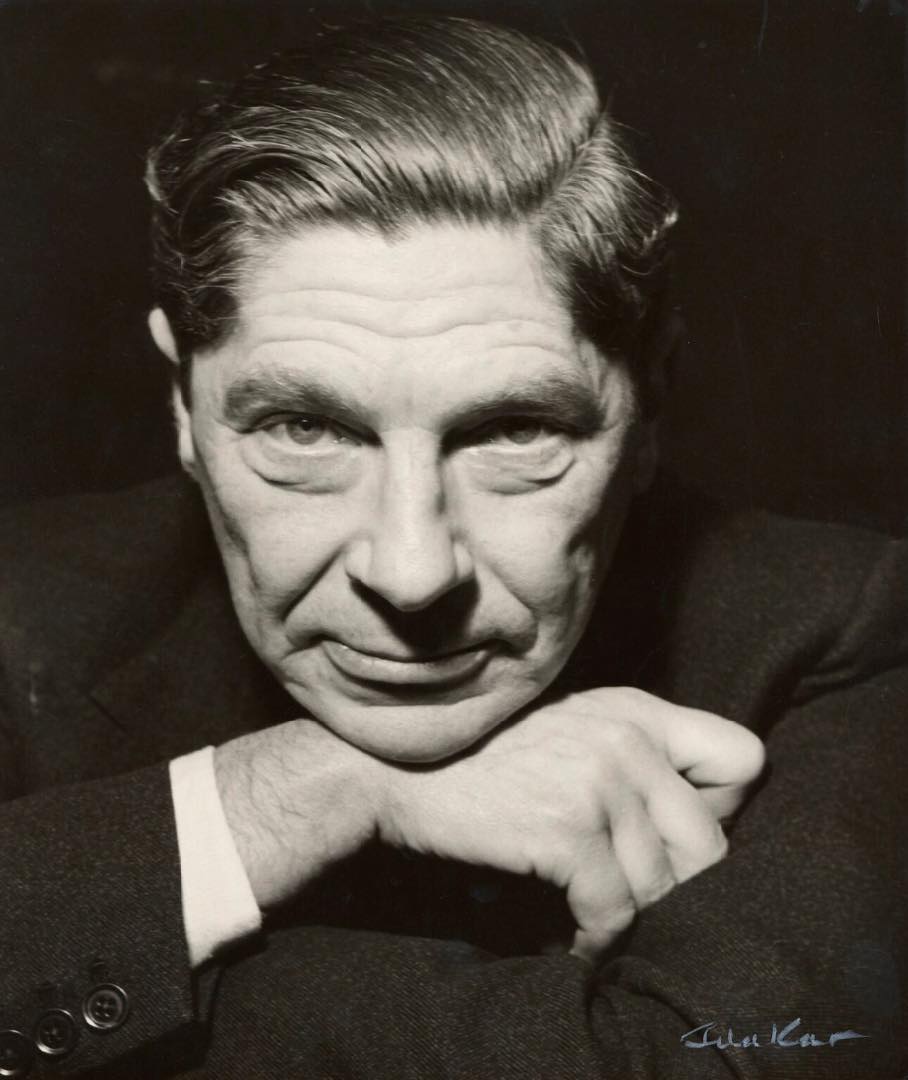Among the totalitarian systems of the 20th century, communism has proved to have the longest lifespan. Despite all the changes it underwent, the dictatorship that took shape in Russia in November 1917 retained its anti-democratic, anti-human features until its final collapse. The number of victims it claimed is put by international research at around 100 million, but without exact numbers our best assessment can be no more than an estimate. Many chapters have yet to be explored, because the uncovering of the crimes committed in the name of communism and – using the tools of historical research – the processing of data related to the various one-party state dictatorships could only begin after the collapse of the Soviet empire and the anti-communist revolutions in Eastern and Central European countries. Communist propaganda, which poisoned public attitudes in both the West and the East for more than half a century, is still having an impact today.
The Institute for Research of Communism is an organisation forming part of the Foundation for Research on Central and Eastern European History and Society. Its primary task is to explore and present the history of the totalitarian system of ideas that emerged in 1917 as a force for state organisation. Its fundamental objective is to collect and expand the results of research on communism. In order to restore the traditional and positive values of our European culture after the immense destruction wrought by "international socialism" and the lies it spread through every area of life, we must first begin our exploratory work by using the tools of historical research.
This is the work that the Institute for Research on Communism has committed to undertake.

Mária Schmidt
Director-General


 Magyar
Magyar  English
English 




















